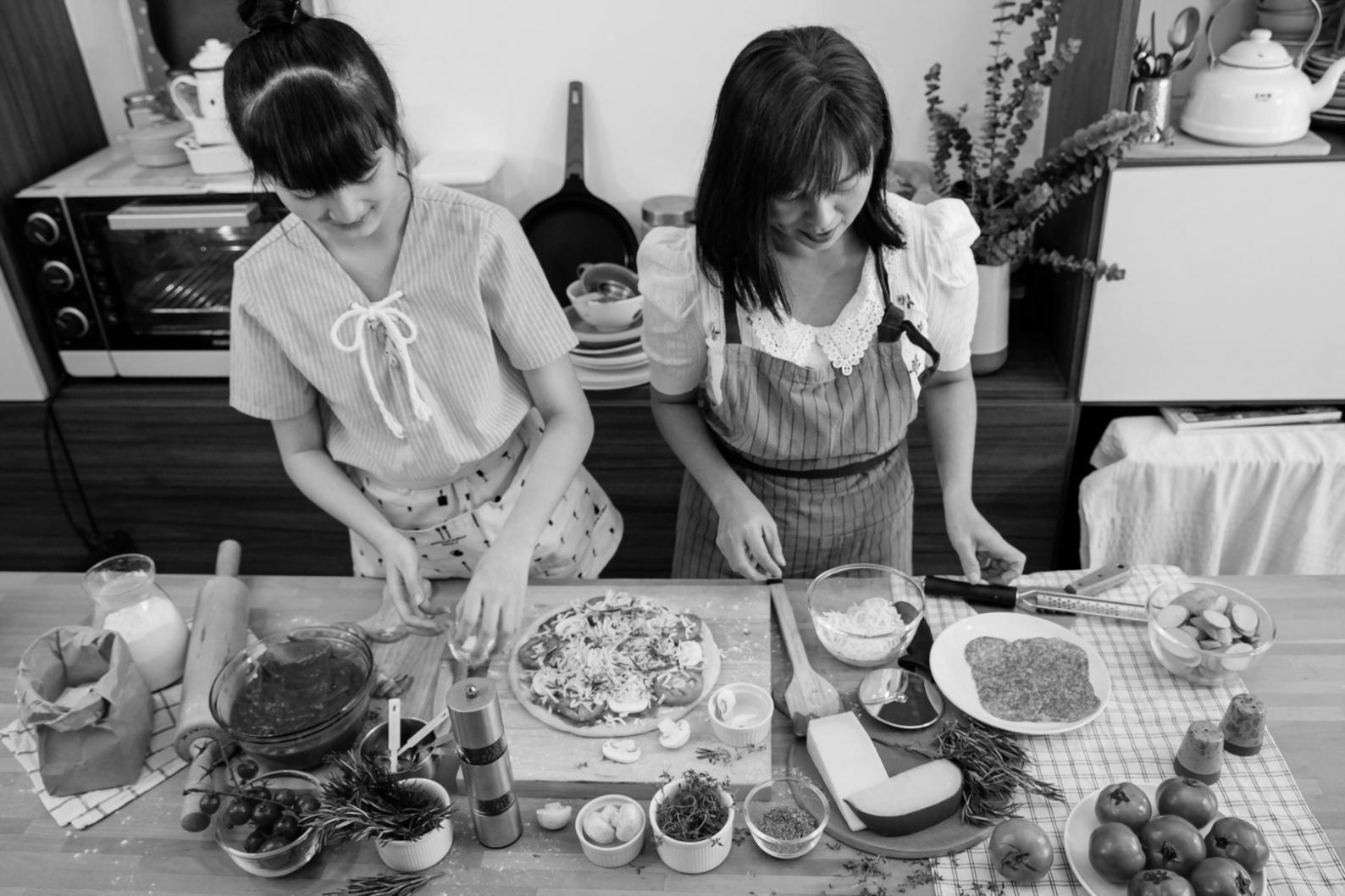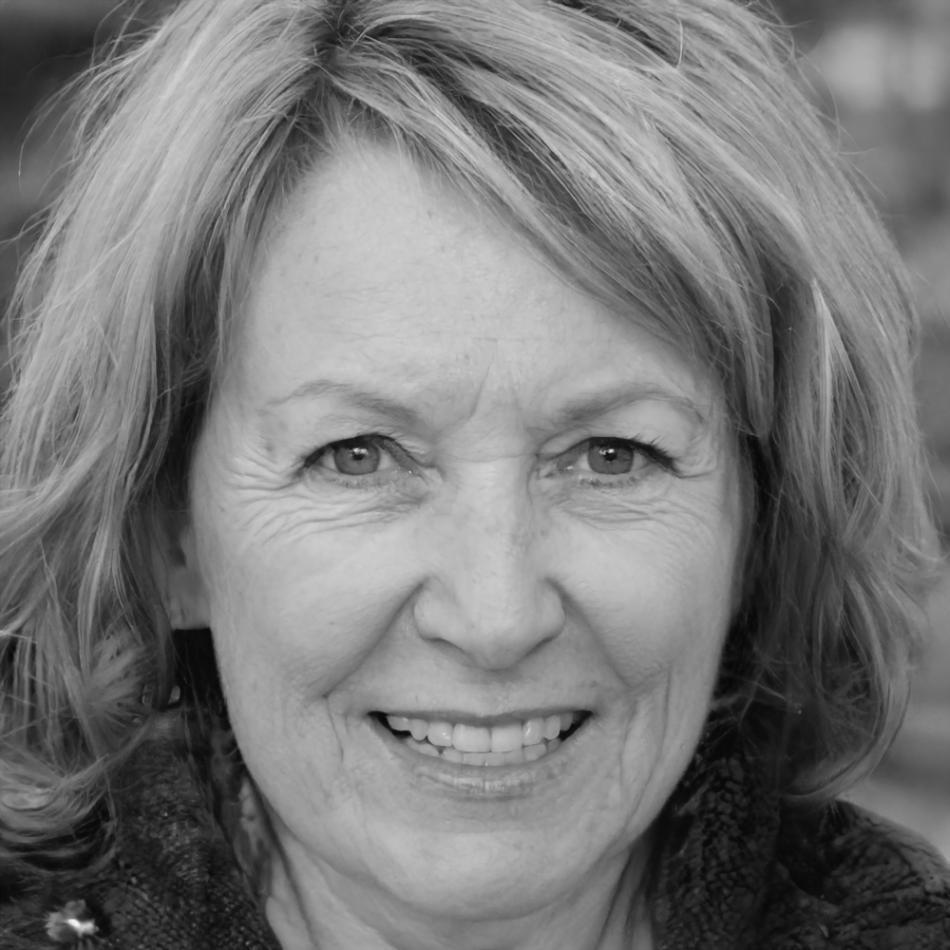Plant-Based Culinary Mastery Program
Build real kitchen confidence through hands-on exploration of vegetarian and vegan cooking techniques. Our year-long program starts October 2025 and guides you through flavor development, ingredient creativity, and recipe design at your own pace.
View Course ScheduleFoundation Skills
Start with essential knife techniques, understanding plant-based proteins, and building flavor without animal products. You'll work through seasonal vegetables and learn how to maximize texture and taste.
- Proper cutting techniques for different vegetables
- Building umami without meat or dairy
- Working with tofu, tempeh, and legumes
- Creating satisfying textures in plant dishes
Flavor Architecture
Dive into spice combinations, aromatic layering, and sauce development. This module focuses on building complex flavors that make plant-based meals genuinely exciting rather than just acceptable.
- Balancing sweet, salty, sour, and bitter
- Creating depth with spice blends
- Developing plant-based sauces and dressings
- Understanding fat alternatives for richness
Recipe Development
Learn how to adapt traditional recipes and create your own dishes. We cover ingredient substitution, testing methods, and adjusting recipes based on what's available or what you prefer.
- Converting omnivore recipes to plant-based
- Testing and refining your own creations
- Scaling recipes up or down effectively
- Documenting your cooking process
Global Techniques
Explore how different cuisines approach vegetarian cooking. From Indian spice traditions to Japanese vegetable preparations, you'll expand your repertoire with proven methods from around the world.
- Mediterranean vegetable preparations
- Asian umami-building techniques
- Middle Eastern spice blending
- Latin American bean and grain dishes
Your Learning Journey
Orientation Phase
First month focuses on kitchen setup, understanding plant-based pantry essentials, and mastering basic techniques. You'll complete simple recipes that build confidence while learning proper methods.
- Kitchen organization
- Knife skills basics
- Pantry stocking guide
- Five foundational recipes
Skill Building Period
Months two through five concentrate on specific techniques. Each week introduces new methods through practical application. You'll work on real dishes while developing muscle memory and intuition.
- Sauce mastery
- Texture development
- Flavor balancing
- Ingredient substitution
Creative Exploration
The middle section lets you experiment with different cuisines and personal preferences. Guided projects help you start adapting recipes and creating variations based on your taste and what's in season.
- Recipe adaptation
- Personal style development
- Seasonal cooking
- Menu planning
Advanced Practice
Final months involve complex projects and original recipe development. You'll document your own creations, refine techniques, and build a personal collection of go-to dishes that reflect your cooking style.
- Original recipe creation
- Advanced techniques
- Portfolio building
- Peer feedback sessions
Learning Alongside Others
The program includes regular group sessions where you share results, troubleshoot challenges, and get feedback on your dishes. Most students find the peer interaction helps them stay motivated and pick up tips they wouldn't discover alone.
Weekly Check-Ins
Share what you cooked and what worked or didn't. Others offer suggestions based on their experience.
Recipe Exchange
Access dishes created by other students. See different approaches to similar ingredients and techniques.
Collaborative Projects
Work with small groups on themed challenges. These help you think beyond your usual cooking patterns.
Ongoing Access
After completing the program, you maintain access to the community and resources for continued learning.

Meet Your Instructors

Brinley Koss
Flavor Development Specialist
Brinley spent eight years working in restaurant kitchens before shifting to plant-based cooking. She focuses on building complex flavors and teaches students how to make vegetables the star rather than an afterthought.

Zephyr Landon
Technique & Methods Coach
After training in culinary school and working with several chefs, Zephyr now teaches foundational skills. He believes good technique makes cooking easier and helps students avoid common mistakes that lead to bland results.

Marlow Vesper
Recipe Design Expert
Marlow helps students move from following recipes to creating their own. With a background in food science and years of recipe testing, she guides learners through the process of adapting and developing dishes that actually work.
